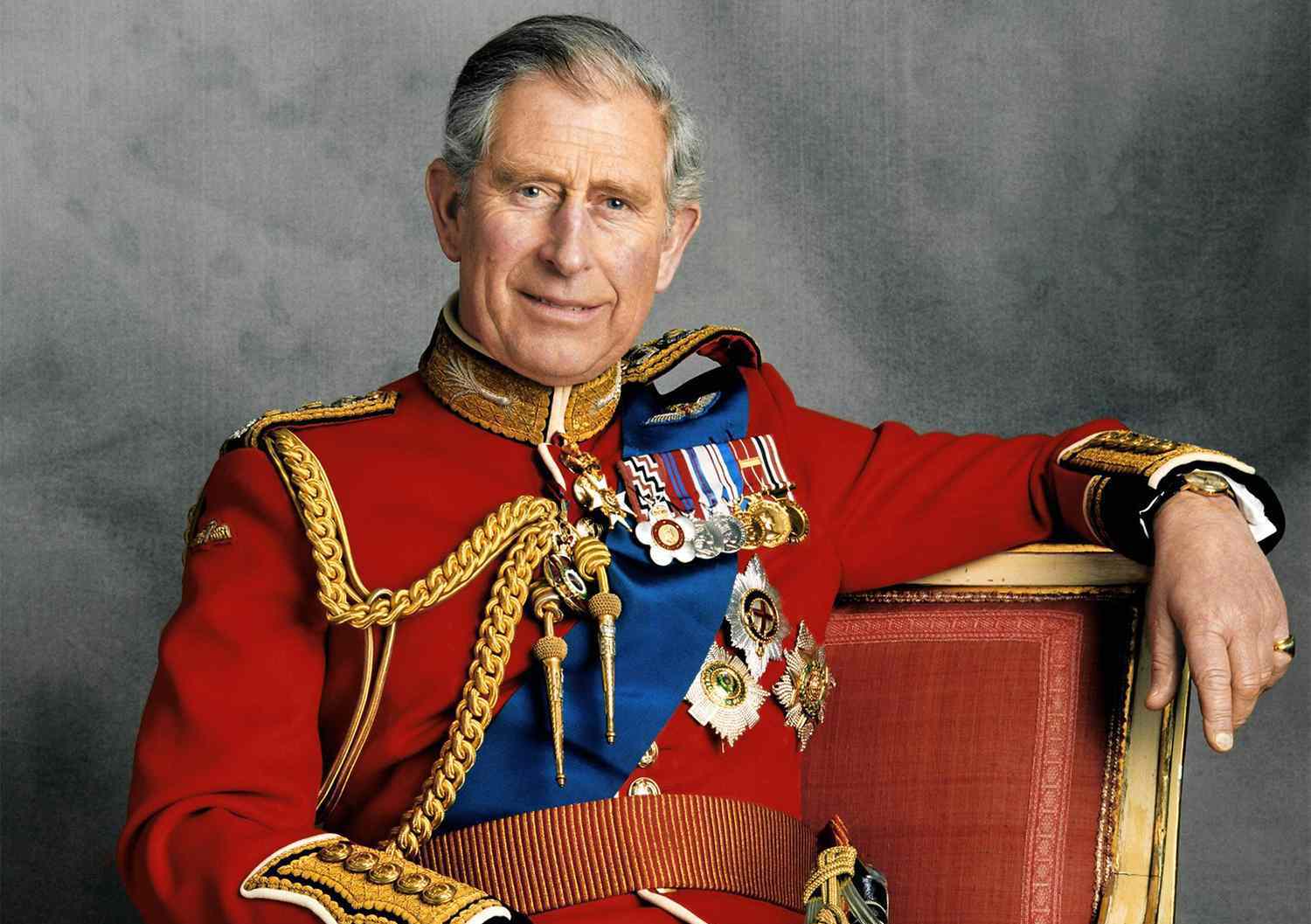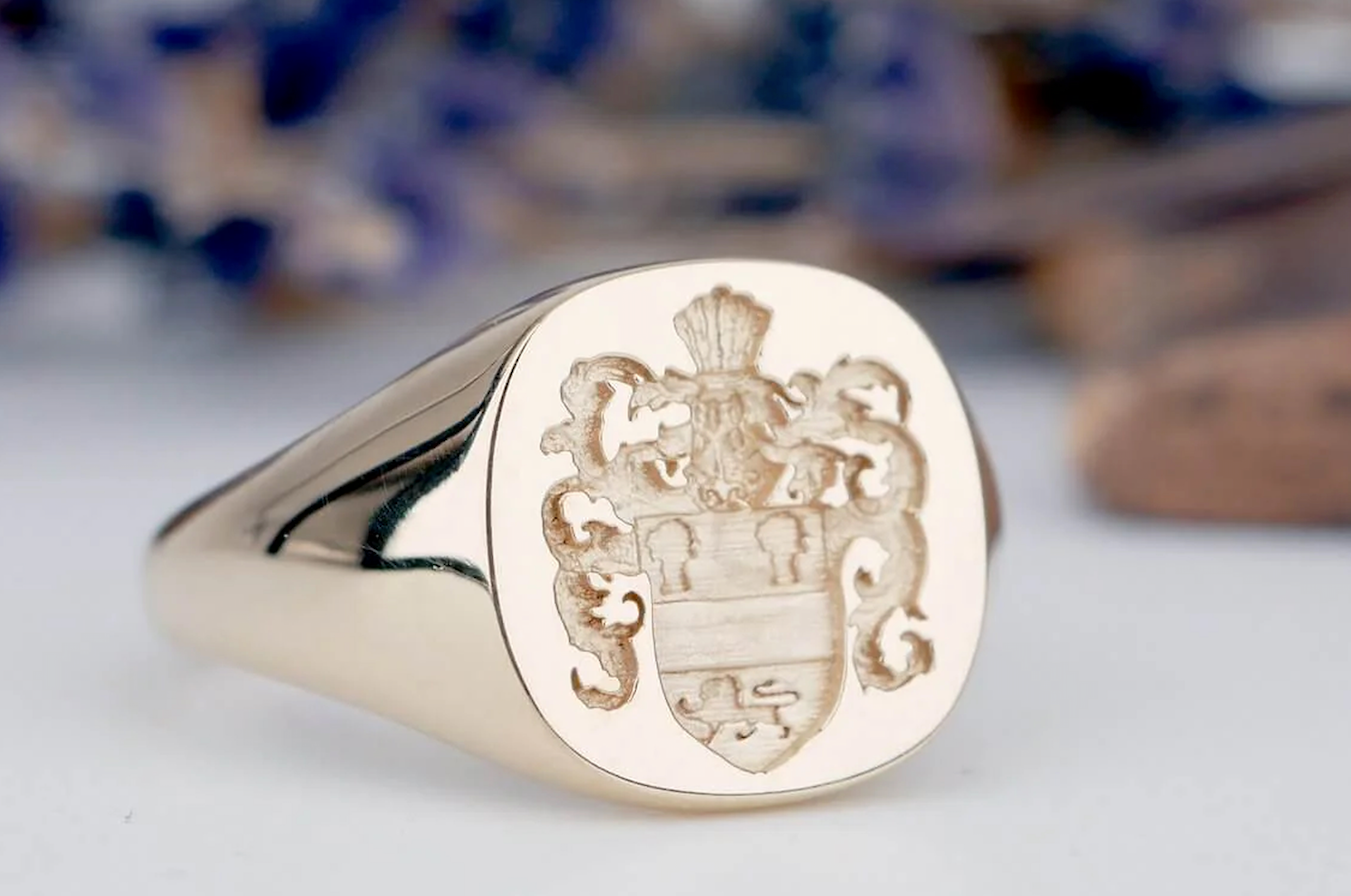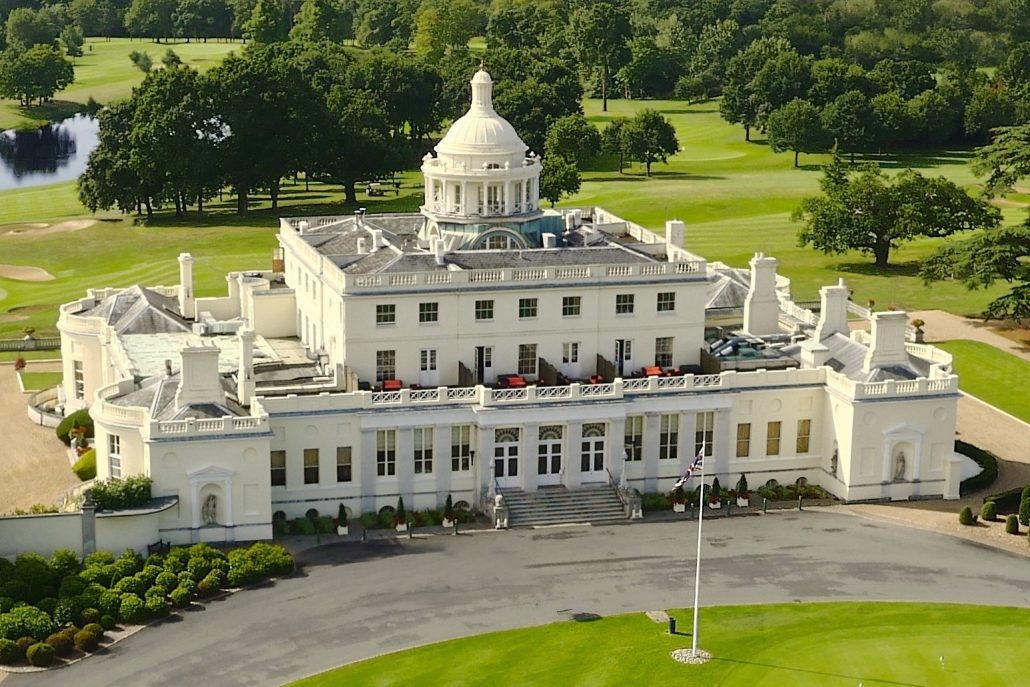
King Charles III: The Modern Monarch Shaping Britain's Future
King Charles III, formerly known as Prince Charles, ascended the British throne on September 8, 2022, following the death of his mother, Queen Elizabeth II. As the longest-serving heir apparent in British history, King Charles brings a wealth of experience, a distinct perspective on the role of the monarchy, and a forward-looking vision for the United Kingdom. His reign marks the beginning of a new era, blending tradition with modernity in a rapidly changing world.
Early Life and Education
Born Charles Philip Arthur George on November 14, 1948, in Buckingham Palace, London, King Charles is the eldest son of Queen Elizabeth II and Prince Philip, Duke of Edinburgh. His early years were marked by a unique combination of privilege, public scrutiny, and royal responsibilities. Charles was educated at prestigious institutions, including Gordonstoun School in Scotland and Trinity College, Cambridge, where he became the first heir to the British throne to earn a university degree.
His upbringing was heavily influenced by the values of duty and service instilled by his parents. However, unlike his predecessors, he was exposed to a wider range of educational and cultural experiences, which shaped his intellectual and philosophical outlook. His time at Gordonstoun, a school known for its rigorous academic and physical challenges, played a significant role in developing his resilience and commitment to public service.
The Longest-Serving Prince of Wales
Charles was invested as the Prince of Wales in 1969 at Caernarfon Castle in a ceremony that underscored his future role as a bridge between the monarchy and the people. Throughout his time as Prince of Wales, Charles became known for his advocacy on various social, environmental, and cultural issues. His outspoken views, often seen as controversial for a future king, have significantly shaped his public image.
From the 1970s onwards, Charles took a keen interest in environmental sustainability, architecture, and urban planning. He established several charitable organizations, including The Prince's Trust in 1976, which has since helped over a million young people in the UK. His passion for architecture and his opposition to modernist trends led to the founding of The Prince's Foundation, which promotes sustainable urban development and traditional building practices.
Advocating for the Environment
Long before environmental issues became mainstream, Charles was raising awareness about climate change, sustainable agriculture, and conservation. He championed organic farming, renewable energy, and biodiversity, often speaking out on these issues at a time when they were not widely understood or appreciated. His speeches and writings have consistently reflected a deep understanding of the interconnectedness of the natural world and human well-being.
His book, "Harmony: A New Way of Looking at Our World," published in 2010, encapsulates his philosophy of sustainability and holistic living. As king, he has continued to support environmental causes, emphasizing the urgent need for action on climate change and the importance of preserving the planet for future generations.
The Personal Life of King Charles III
King Charles III's personal life has been a subject of great public interest and media scrutiny. His marriage to Lady Diana Spencer in 1981 was one of the most-watched events in television history. However, the couple's highly publicized separation and eventual divorce in 1996 revealed the challenges of living under constant media attention and the pressures of royal duty.
In 2005, Charles married Camilla Parker Bowles, now Queen Camilla. Over time, public perception of Camilla shifted from being a controversial figure to a respected member of the royal family. Their partnership has been marked by mutual support and shared interests, particularly in areas such as philanthropy and environmental advocacy.
King Charles III's Vision for the Monarchy
As King, Charles has expressed a desire to streamline and modernize the British monarchy, making it more relevant and responsive to the needs of contemporary society. He is expected to continue advocating for causes close to his heart while maintaining the political neutrality required of a constitutional monarch. His long-held belief in "the duty of care" reflects his commitment to serving the nation and its people.
One of the most significant aspects of his reign will likely be his approach to the Commonwealth, a political association of 54 member states, many of which are former territories of the British Empire. King Charles III has emphasized the importance of maintaining strong ties within the Commonwealth, fostering mutual respect, and addressing issues like climate change, social justice, and economic development.
Challenges and Opportunities
King Charles III's reign comes at a time of significant challenges for the United Kingdom. Political uncertainty, economic instability, and social divisions are prominent issues that require thoughtful and decisive leadership. The monarchy's relevance in a modern democratic society is frequently debated, and Charles must navigate these complex dynamics to maintain public support.
However, his deep knowledge of the issues facing the country, his long-standing commitment to public service, and his ability to engage with people from all walks of life provide him with a unique opportunity to shape the future of the British monarchy. His reign represents a bridge between the past and the future, balancing the need to uphold tradition with the necessity of embracing change.
The Future of the British Monarchy
The transition from Queen Elizabeth II to King Charles III marks the beginning of a new chapter for the British monarchy. As the world faces unprecedented challenges, from climate change to global inequality, King Charles III's reign is an opportunity to redefine the monarchy's role in addressing these global issues.
With his passion for sustainability, social justice, and interfaith dialogue, King Charles III is poised to bring a renewed sense of purpose to the monarchy. He seeks to uphold the values of duty, service, and continuity while adapting to the changing needs of society. As he steps into his new role, the eyes of the world are on him to see how he will navigate the complexities of modern leadership.
Conclusion
King Charles III's ascension to the throne is not just a moment of historical significance but also a chance to redefine what it means to be a monarch in the 21st century. His deep commitment to the environment, social causes, and the well-being of his people positions him as a king ready to face contemporary challenges with wisdom, compassion, and a forward-looking vision. The legacy he builds will be shaped by his ability to blend the enduring traditions of the British monarchy with the evolving values of a modern society.



Leave a comment
This site is protected by hCaptcha and the hCaptcha Privacy Policy and Terms of Service apply.